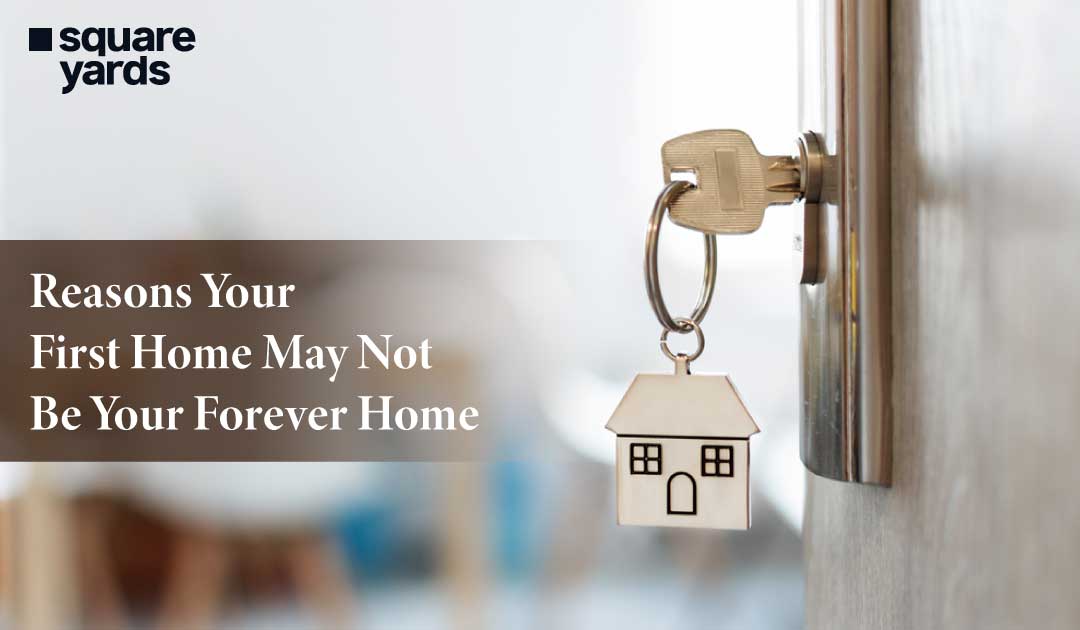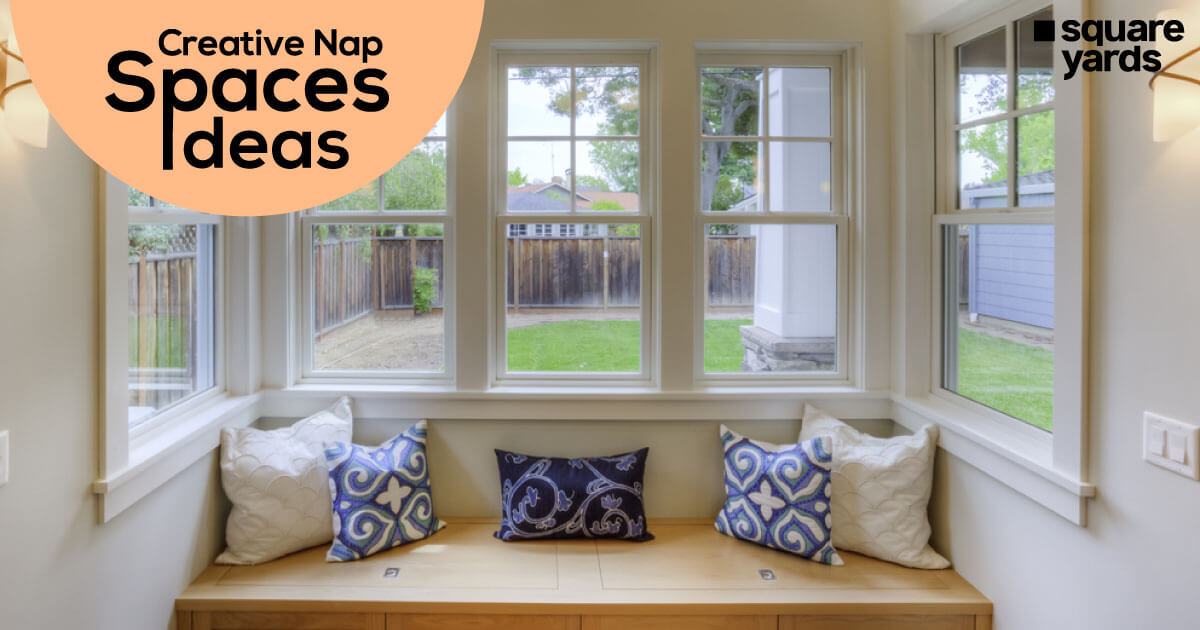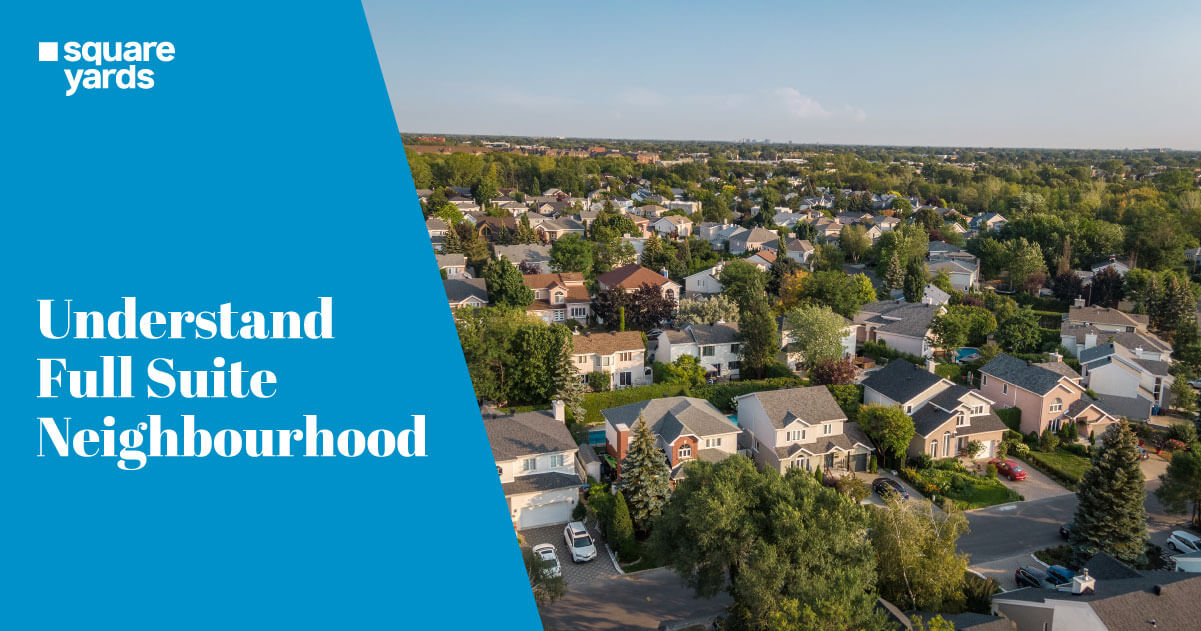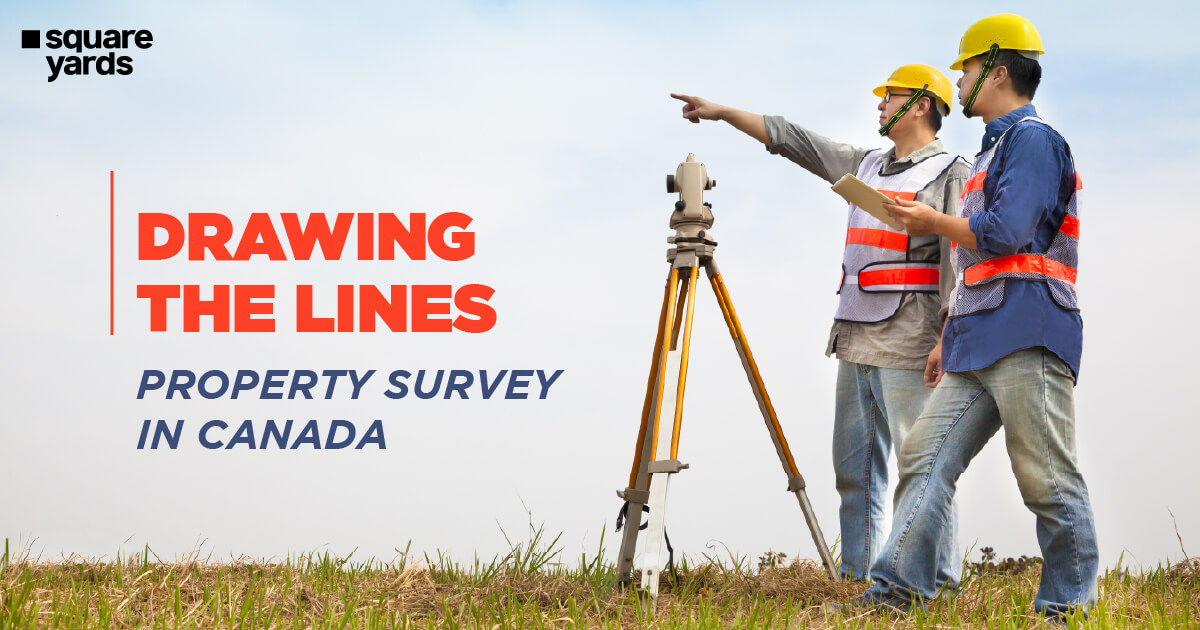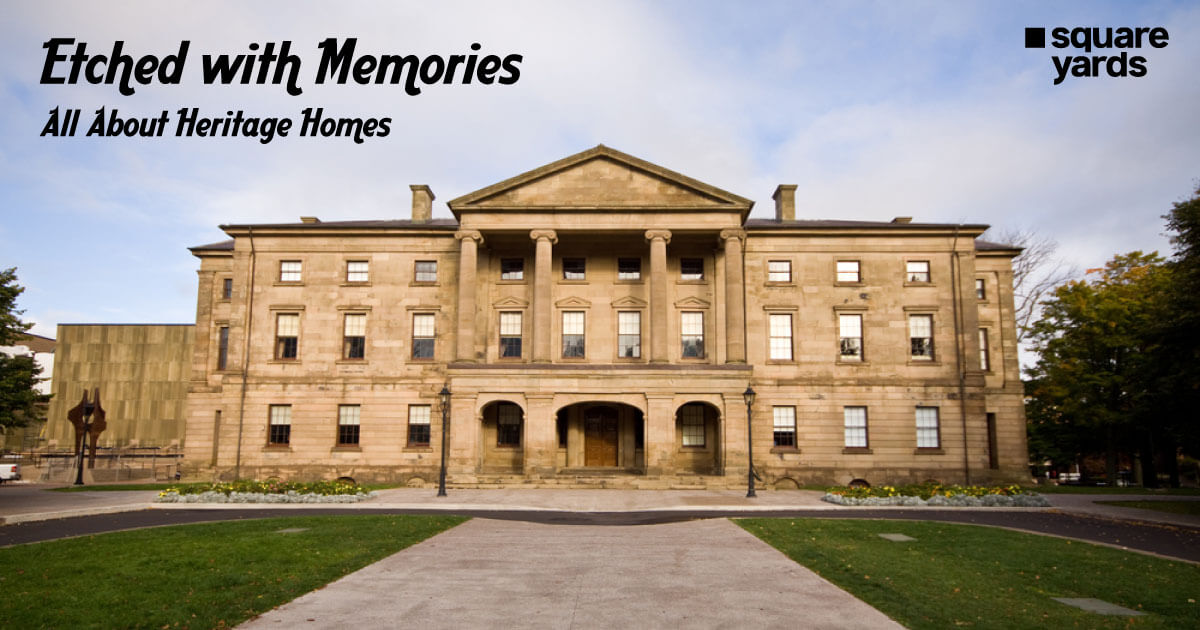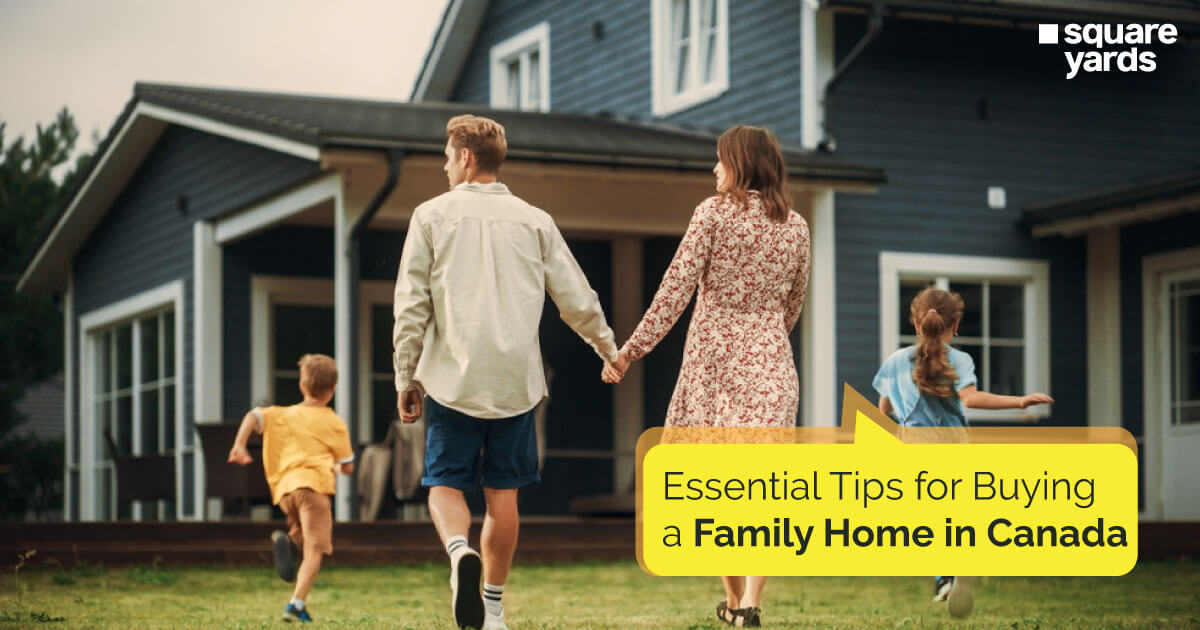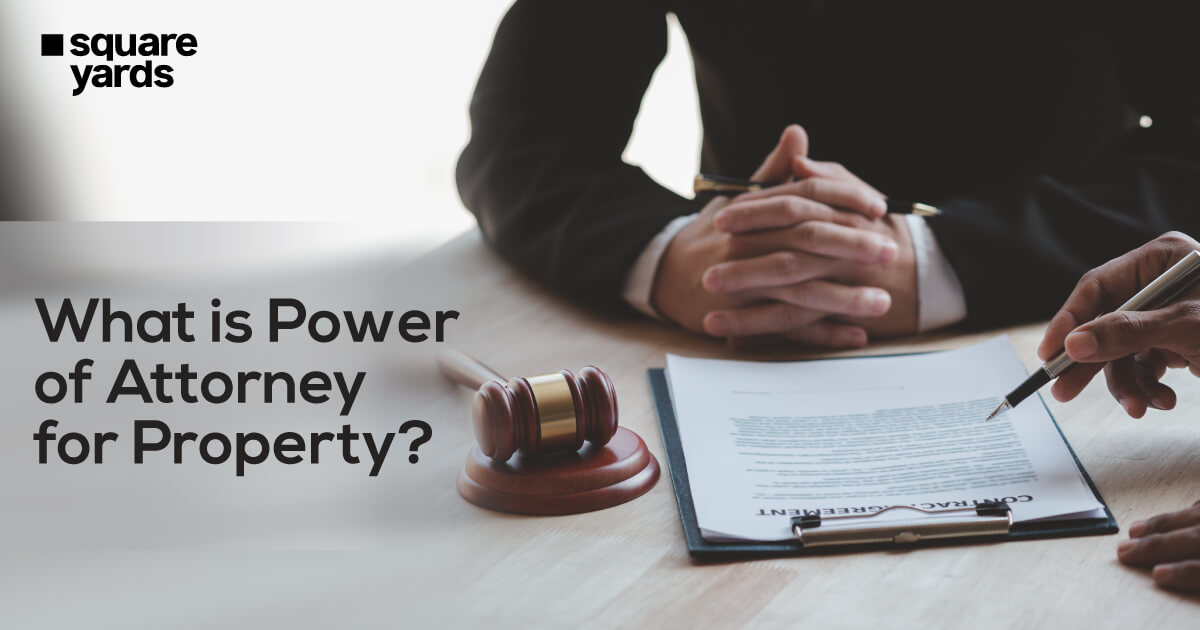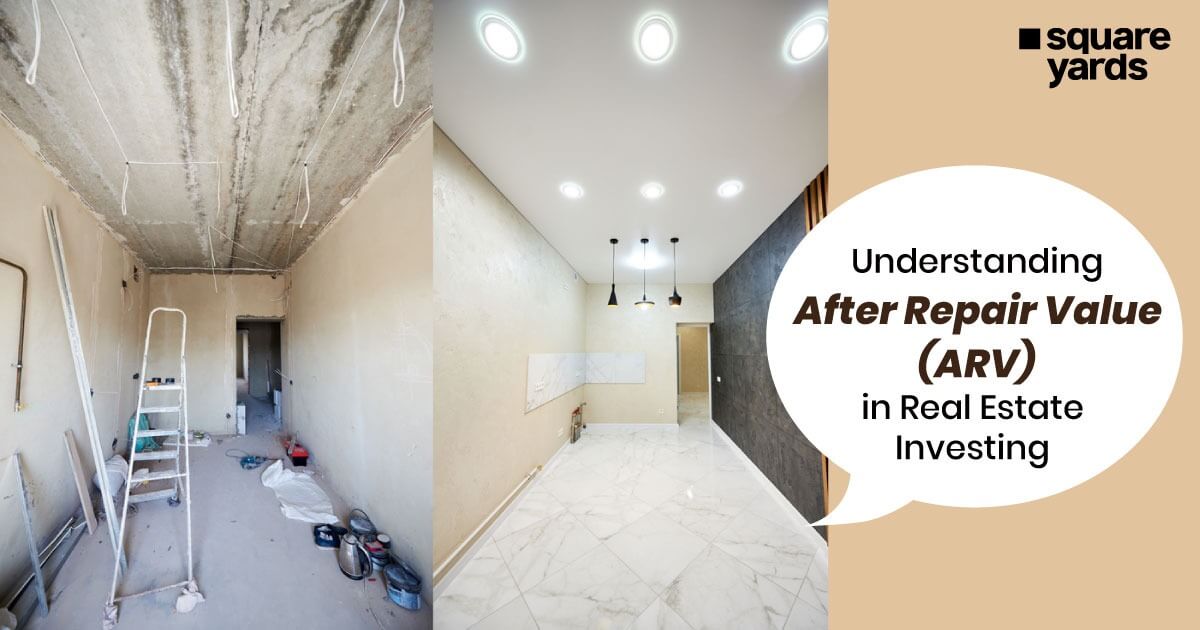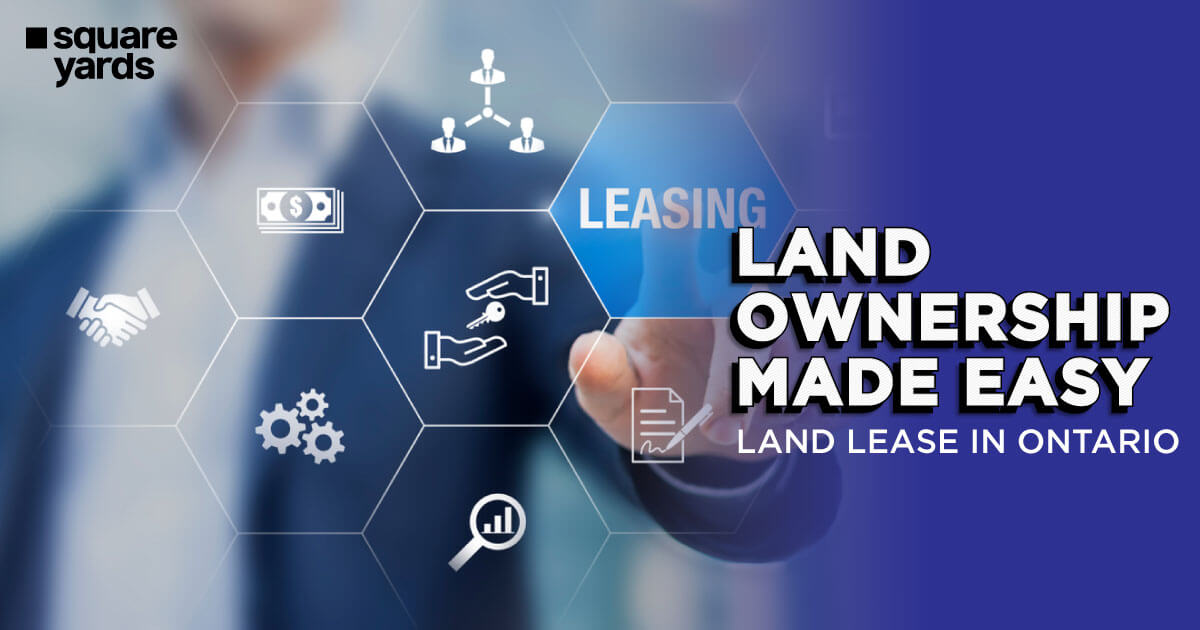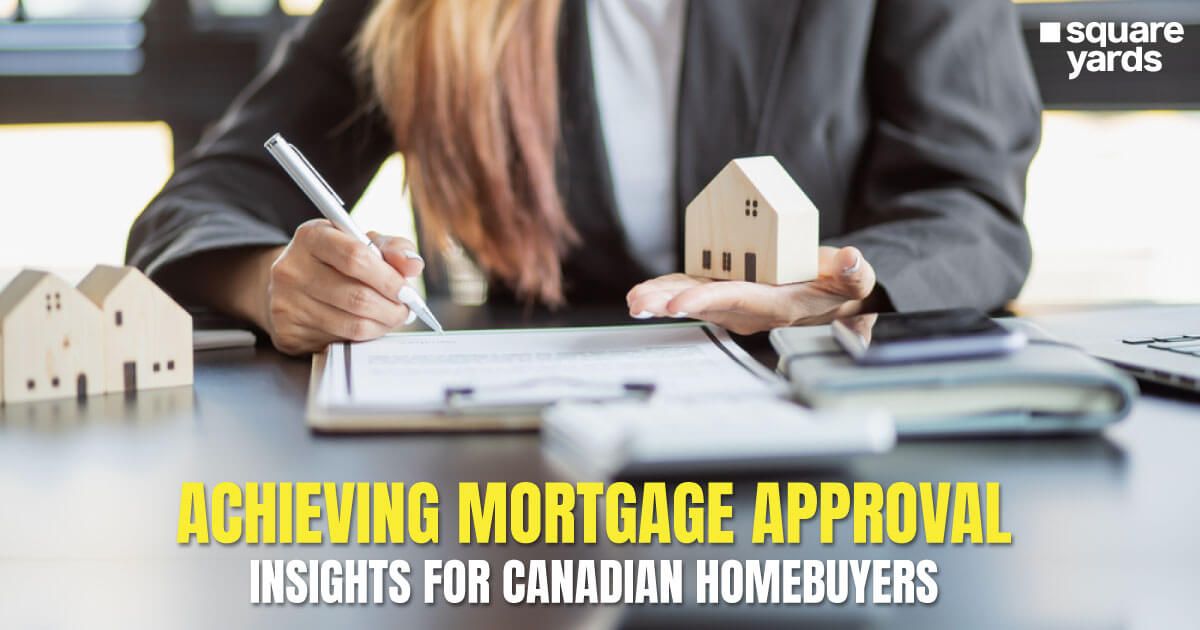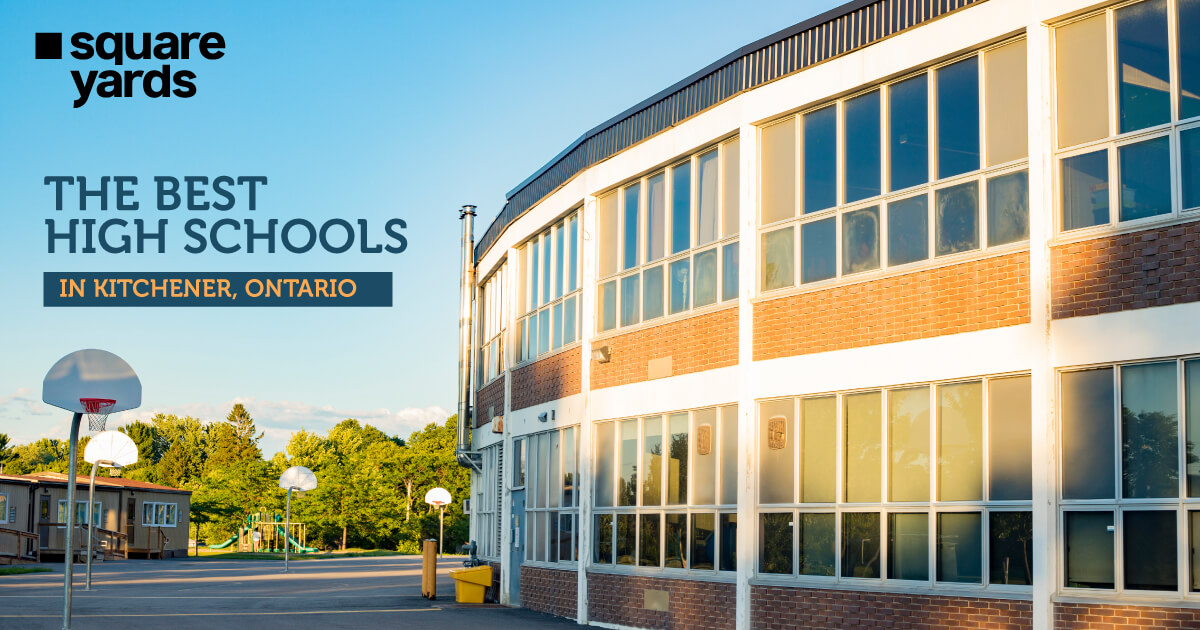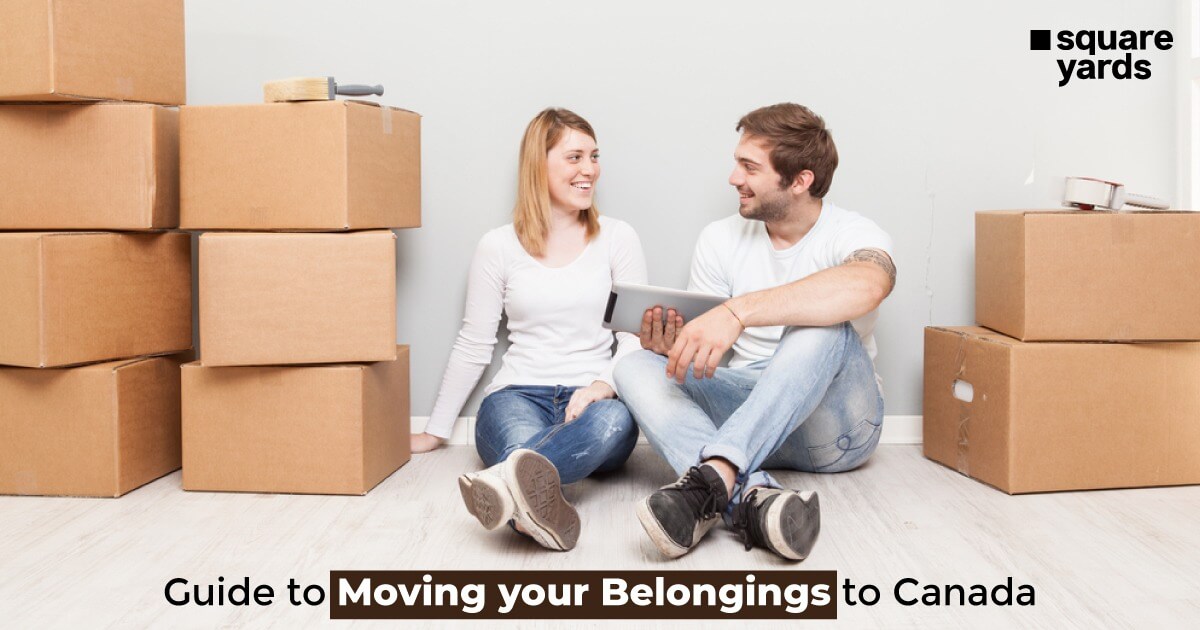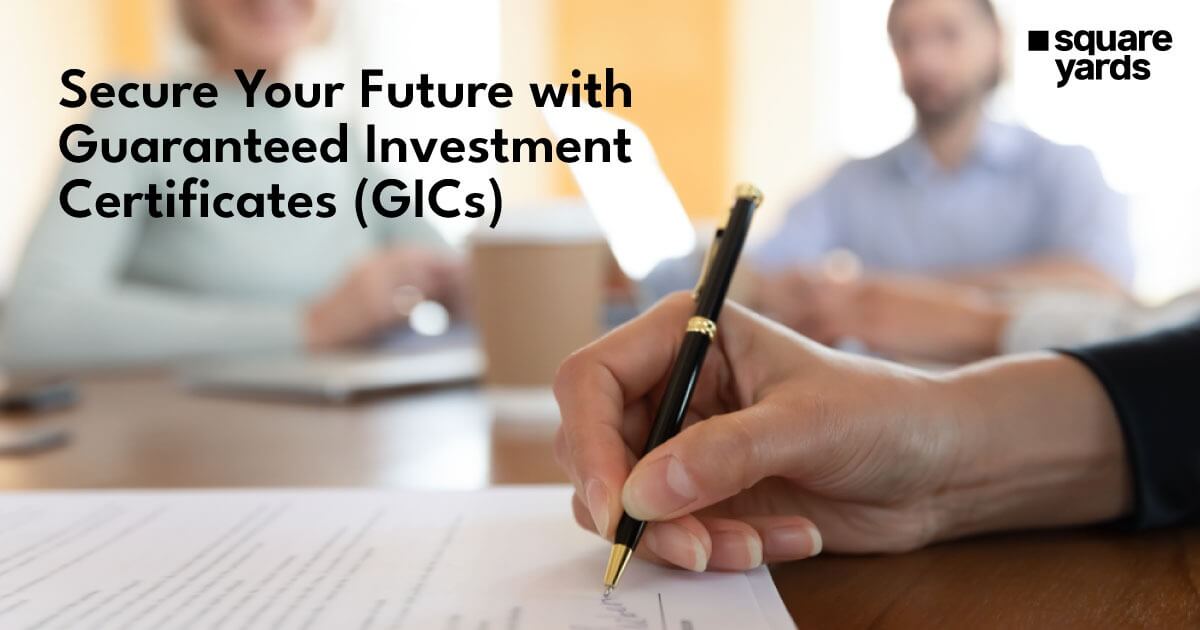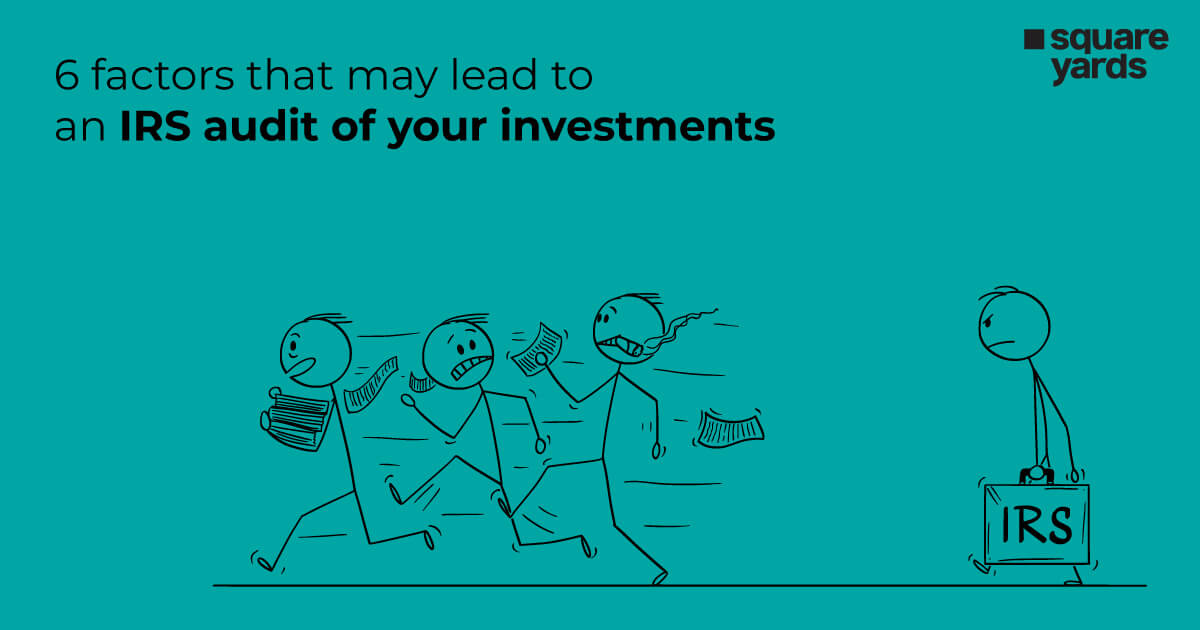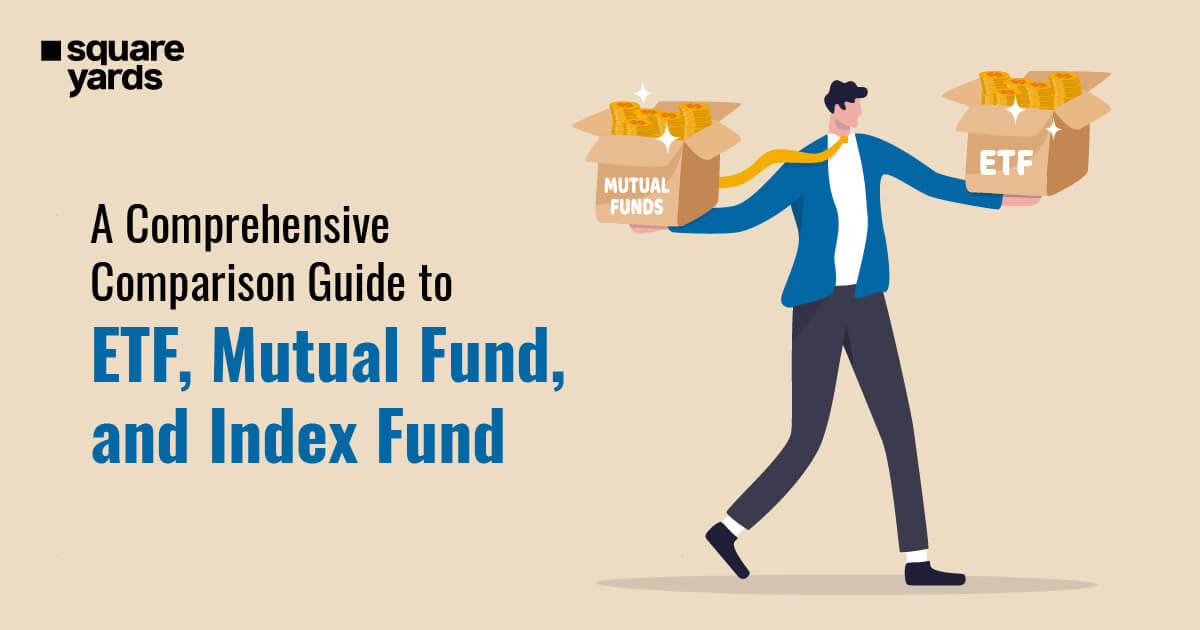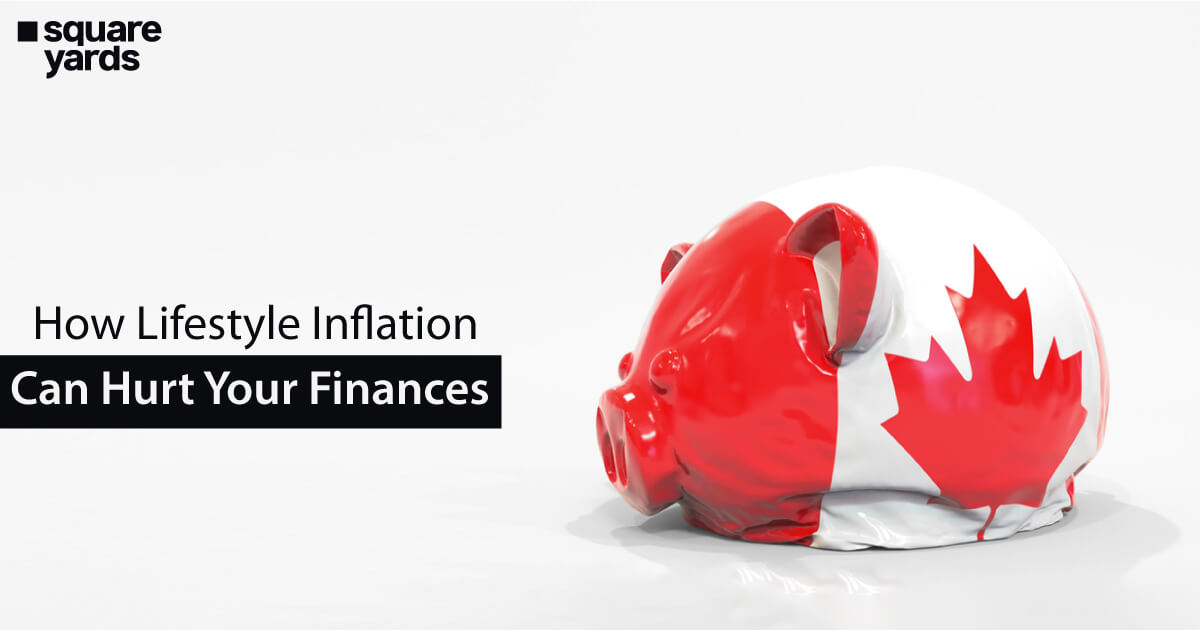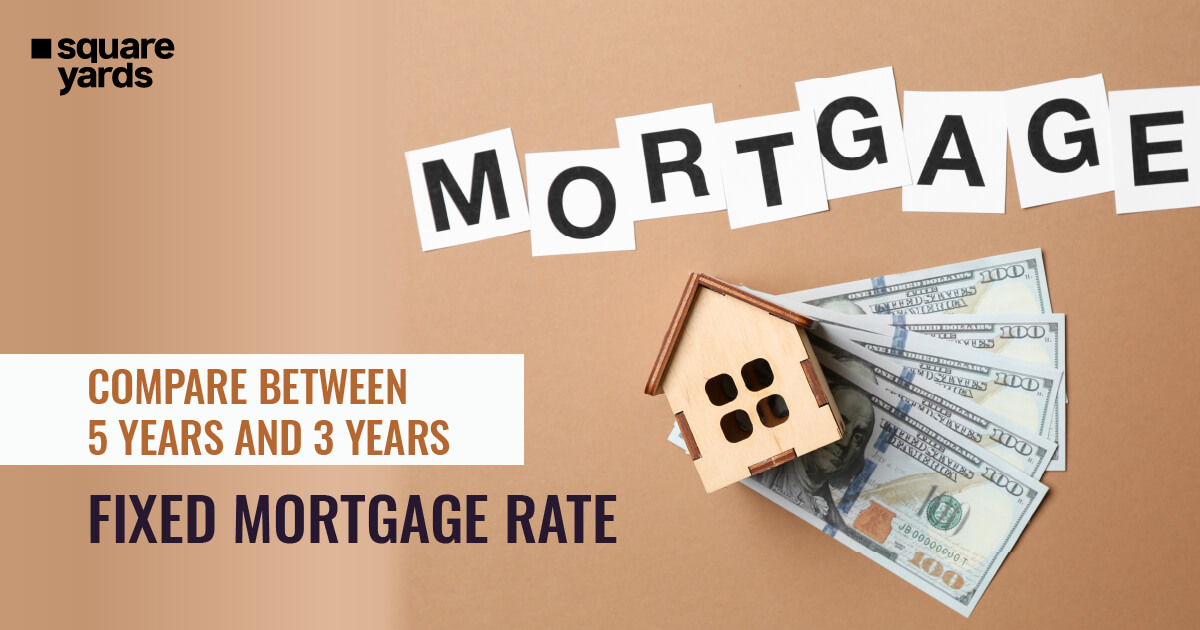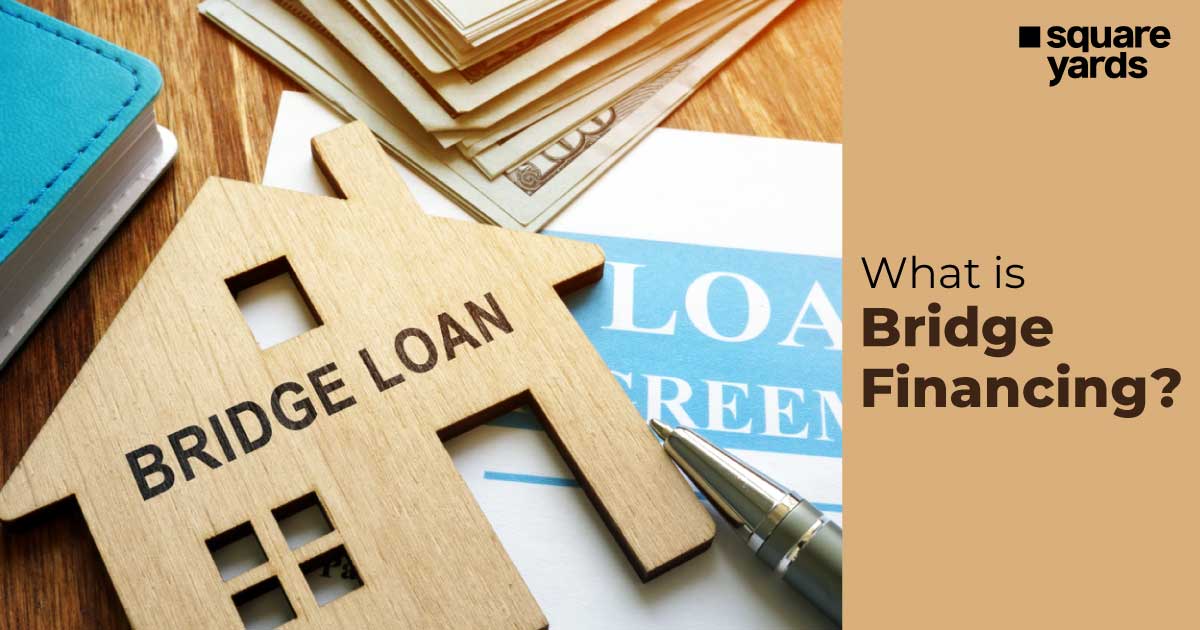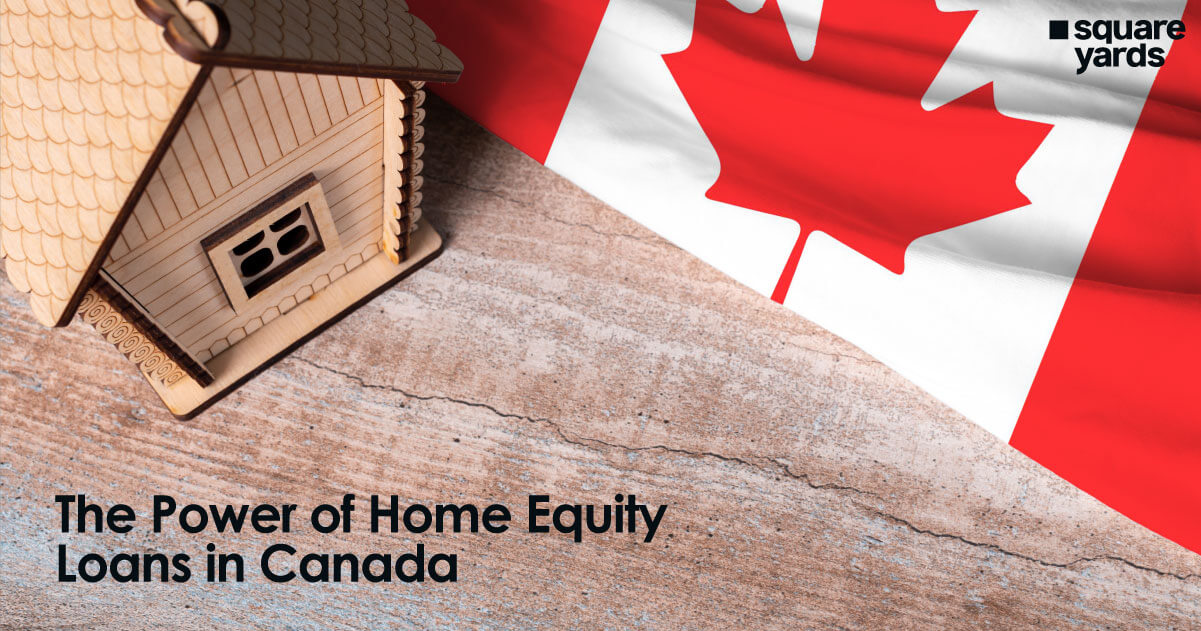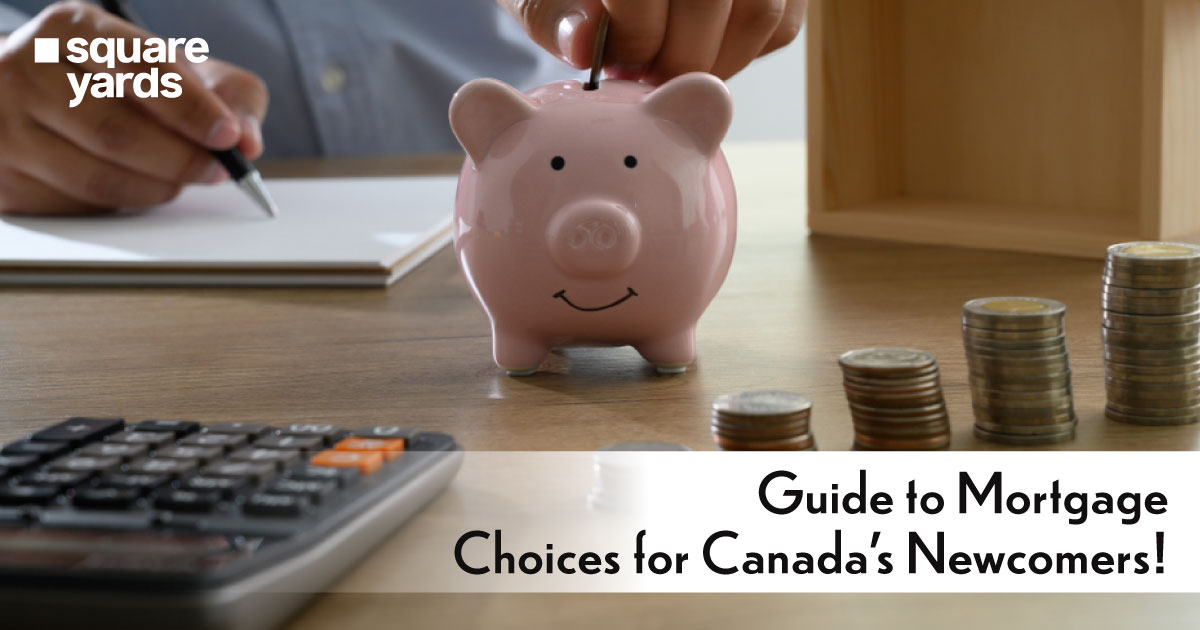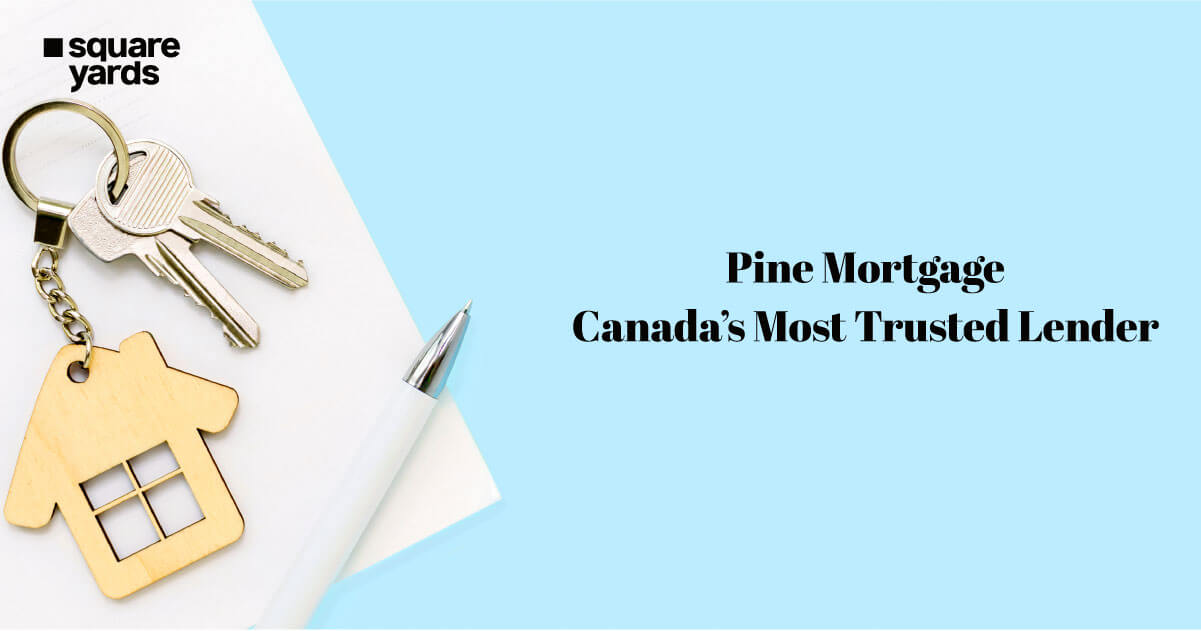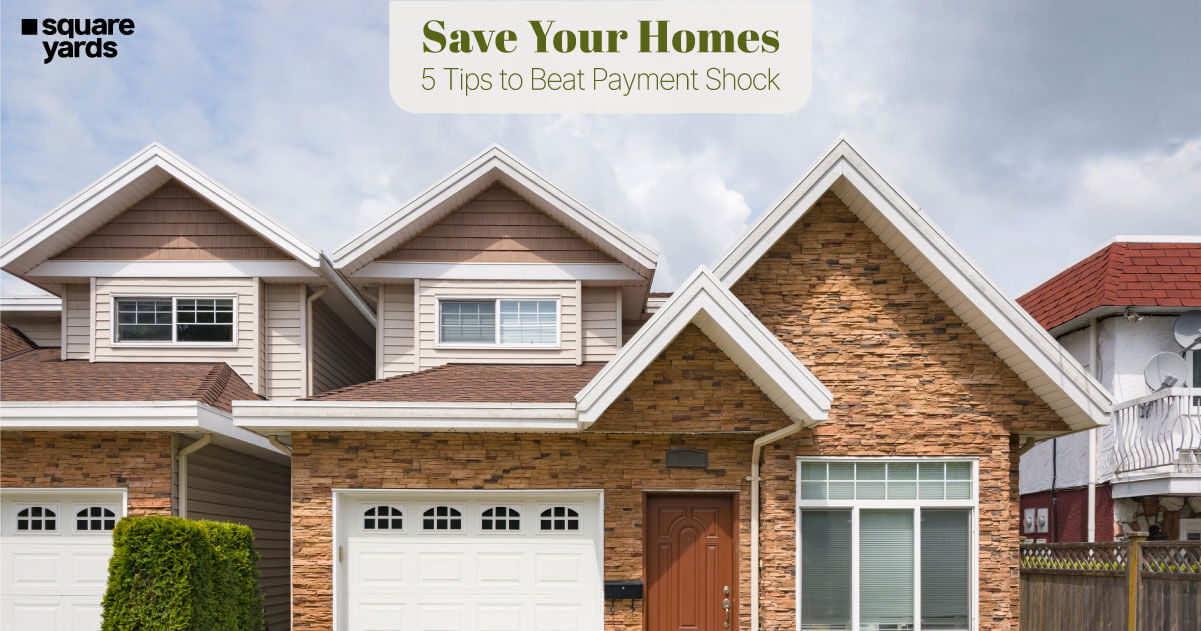Buying your first home is one of the major milestones in one’s life. It is the emblem of independence and financial liberty. For some, it is the threshold from where they will begin a family and build memories for a lifetime. But the truth might be a little different than what you’ve imagined. Your first home might not be your forever home. As time passes and you get older, your circumstances change, which also alters your housing needs. Suppose you’re a first-time home buyer who has just started a family. You will need a home that will accommodate all of your family members, and your needs might grow as your family grows. If you downsize in retirement, you will want a smaller home that is easier to manage.
Your financial status may also change over time. You could start a business or get a higher-paying job. This would empower you to buy a more expensive home with more luxury and comfort. Or, there could be a situation where you face some financial hardship forcing you to downsize to an affordable home. There are also external factors that can influence whether or not your first home is your forever home. For example, the real estate market can change significantly over time. If home prices in your area increase significantly, you can sell your first home for a profit and upgrade to a larger or more desirable home. Or the real estate market could decline. If this happens, you may find yourself submerged on your mortgage, meaning you owe more on your home than it’s worth. This could make it difficult to sell your home and move on.
Why Your Starter Home Won’t Likely Be Your Forever Home
If you’re feeling cramped in your current home or if you don’t have enough space for your belongings, it means your home is no longer meeting your needs. If your home doesn’t have the features or amenities you need, such as a dedicated office space, a yard, or a workshop, it’s a sign that it’s time to move on. Of course, the decision of whether or not to move from your first home is a personal one. There is no right or wrong answer. But it’s important to weigh all of your options and make the best decision for you and your family.
-
It’s No Secret That Buying A Home In Toronto Is A Tall Order, Especially Financially Speaking
Buying a home in Toronto is like climbing Mount Everest: it’s a challenging and expensive journey, but the view at the top is totally worth it. But before you start packing your bags, it’s important to be realistic about your expectations. The Toronto real estate market is notoriously competitive, and prices are high. That means that you’ll probably have to make some compromises when it comes to your dream home. Whatever compromises you make, remember that they’re temporary. Your needs are going to change over time, and so will your housing situation. Maybe you’ll start a family and need more space or downsize after your kids move out. Whatever happens, you can always sell your home and buy something new that better suits your needs.
-
Don’t Expect To Get Your Dream Home Right Away
Buying a home is a big decision, and it’s okay to have a lot of expectations. You want a home that’s the perfect size, in the perfect location, and with all the bells and whistles. But the reality is, you’re probably not going to get everything you want, especially the first time around. That’s why it’s important to be realistic about your expectations and be prepared to make some compromises. Maybe you can’t afford a detached house in your dream neighbourhood, so you settle for a townhouse or a condo. Or maybe you can’t afford a home with all the bells and whistles, so you prioritise the things that are most important to you, such as location and size. Remember, you can always upgrade to your dream home later on. But for now, focus on finding a home that meets your current needs and budget.
-
Your Housing Needs Will Change As Your Life Changes
Buying a home is a major life decision, but it’s important to remember that it’s not permanent. Your needs and wants will change over time, and your housing situation should, too. Maybe you’re starting a family and need more space, or maybe your kids have moved out, and you’re ready to downsize. Maybe you’ve got a new job and need to move to a different city. Whatever the reason, be prepared to sell your home and buy a new one when the time comes. Don’t feel like you have to find your forever home right away. Focus on finding a home that meets your current needs and budget. You can always upgrade or downsize later on.
Costs And Benefits Of Buying A Second Home Before Your Primary Home
You must consider the costs and benefits of purchasing a second home before your first home. Buying a second home can be a wise investment, but it’s crucial to evaluate the advantages and disadvantages carefully. One significant consideration is acquiring your second home before or after your primary residence.
Pros of acquiring a second home first include:
-
- The potential for securing a more favourable mortgage rate, as lenders typically perceive second homes as lower risk than primary residences.
- If you decide to rent out your second home, the rental income can help offset mortgage payments.
- You may have a better chance of finding a favourable deal on a second home if you’re not in a hurry to make a purchase.
Nonetheless, there are cons to purchasing a second home before your primary residence:
-
- You’ll be responsible for two mortgage payments simultaneously, which can strain your finances.
- You’ll need to manage the maintenance and repairs for both properties.
- Selling your second home, if the need arises, might be more challenging compared to selling your primary residence.
-
The High Cost of Buying And Selling A Home
Buying and selling a home is like a roller coaster ride of emotions. On the one hand, you’re excited about the new chapter in your life. On the other hand, you’re stressed about the high cost involved. Closing costs can be a real downer, especially if you’re not expecting them. They include appraisal fees, title insurance, and attorney fees. But don’t despair! There are ways to reduce closing costs, such as negotiating with the seller or asking for a credit from your lender.
-
The Difficulty of Moving Up To A More Expensive Home
The biggest obstacle in moving up to a more expensive home is qualifying for a new mortgage. You’ll need a good credit score and a low debt-to-income ratio. You may also need to make a larger down payment. But don’t give up! There are ways to make the process easier, such as working with a mortgage broker or saving for a down payment over a longer period.
-
The Time It Takes To Break Even On A Property In Toronto
Breaking even on a property in Toronto can feel like an eternity. But don’t worry, and you’re not alone. It historically takes about 3-5 years to recoup your investment. So why does it take so long to break even? Well, the housing market in Toronto is very competitive, and prices are high. In addition, there are a lot of costs associated with homeownership, such as mortgage interest, property taxes, and insurance. But the good news is that the Toronto property market is expected to grow in the long term. So, if you’re patient, you’ll likely see a return on your investment.
-
The Tax-Free Nature of Gains On Your Primary Home
One of the best things about homeownership is that the gains on your primary home are tax-free. This means that if you sell your home for a profit, you won’t have to pay any capital gains tax. This is a huge tax break, especially if you’ve lived in your home for a long time and the value has appreciated significantly. So, next time you’re thinking about selling your home, remember that you’re keeping all of the profit!
How To Compromise When Buying Your First Home?
Buying your first home is an exciting time, but it can also be a bit daunting. There’s so much to consider, from finding a suitable property to getting approved for a mortgage. And then there’s the reality that you may not be able to afford everything on your wish list. That’s where compromise comes in. It’s important to be prepared to make some sacrifices to find a home that you can afford and love. Here are a few tips for making compromises when buying your first home:
-
Identify Your Must-Haves And Nice-To-Haves
Make a list of all the features that are important to you in a home, and then divide them into two categories: must-haves and nice-to-haves. You cannot live without your must-haves, such as a certain number of bedrooms and bathrooms or a specific location. Your nice-to-haves are the features that would be great to have but you’re willing to compromise on if necessary. For example, let’s say that having a backyard is a must-have for you, but you’re willing to compromise on the size of the house. In this case, you can focus your search on homes with smaller yards or homes that are located in neighbourhoods with nearby parks or green spaces.
-
Be Flexible With Your Budget
It’s important to have a realistic budget in mind when buying a home but be prepared to be flexible. The housing market is constantly changing, and you may need to adjust your budget up or down depending on the current conditions. Also, remember that the home’s purchase price is just the beginning. There are also closing costs, property taxes, and insurance to factor in. Be sure to budget for these additional expenses as well.
-
Don’t Limit Yourself To One Type Of Home
When you’re starting your search for a home, it’s easy to get fixated on a particular type of property, such as a single-family home with a big backyard. But if you’re open to other types of homes, such as town homes, condos, or duplexes, you may have more options to choose from, and you may be able to find a more affordable home. For example, if you’re living in a city where single-family homes are expensive, you may want to consider buying a condo or townhouse. Condos and townhouses are often more affordable than single-family homes, and they can offer other advantages, such as lower maintenance and closer proximity to amenities.
-
Consider Buying A Fixer-Upper
If you’re willing to put in some work, buying a fixer-upper can be a great way to get into a home that’s within your budget. Fixer-uppers are homes that need some repairs or renovations, but they often have great potential. Just be sure to factor in the cost of renovations when you’re budgeting for the home. It’s also important to get a home inspection before you buy so that you’re aware of any major repairs that need to be made.
-
Don’t Be Afraid To Walk Away
If you’re uncomfortable with the terms of a deal or not finding the right home for your needs, don’t be afraid to walk away. Other homes will be available, and you don’t want to rush into a purchase you’ll regret later. Buying your first home is a big decision, but it mustn’t be stressful. You can find a home you love that fits your budget by making some compromises.
Bonus tip: Talk to your partner or family about your priorities. It’s important to be on the same page with your loved ones when it comes to buying a home. Discuss your must-haves and nice-to-haves, and be prepared to compromise.
To Sum It
There are many reasons why your first home may not be your forever home. Your needs and wants change over time, and your housing situation should, too. Consider the costs and benefits of buying a second home before your primary home, and be prepared to make some compromises when buying your first home.

